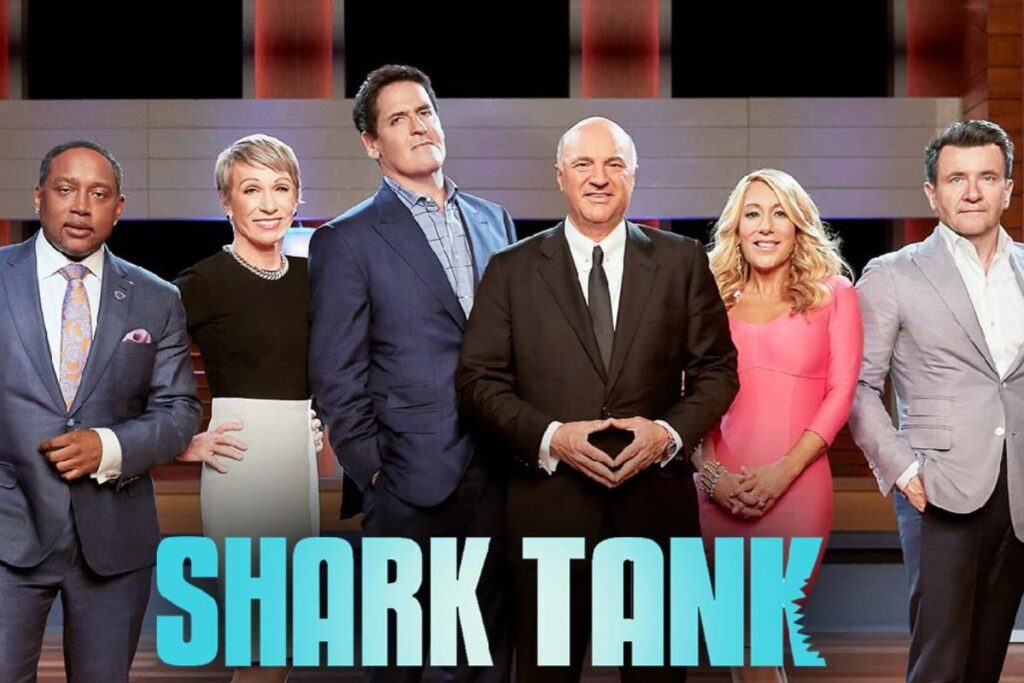Shark Tank has become one of the most loved shows for entrepreneurs and business enthusiasts. From jaw-dropping pitches to intense negotiations, it’s a learning experience for viewers and aspiring business owners alike. One of the most interesting things I’ve observed over the years is how different industries perform on the show.
Today, I’m going to take you through a detailed, season-by-season analysis of which industries got the most love from the Sharks and which ones struggled to grab their attention. I’ve grouped businesses into common sectors like food, health, technology, fashion, and more to find out the real pattern behind their success.
Let’s begin with an overall look.
Overall Performance of Industries on Shark Tank
Here’s a simple table showing the average success rates of various industries throughout Shark Tank’s journey:
| Industry | Average Success Rate |
|---|---|
| Food & Beverage | 60-75% |
| Health & Wellness | 60-70% |
| Fashion & Apparel | 30-70% |
| Consumer Goods | 50-60% |
| Technology | 20-50% |
| Services | 30-50% |
From the table, it’s clear that food & beverage and health & wellness are the most successful sectors. Sharks love products that are easy to understand and have mass-market appeal. On the other hand, technology and service businesses often struggle unless they’re truly unique or highly scalable.
Season-Wise Industry Success Breakdown
Let me walk you through how each industry performed in various seasons. This will give you a better idea of how trends have changed over time.
Season 1
| Industry | Success Rate |
|---|---|
| Health & Wellness | 50% |
| Food & Beverage | 50% |
| Technology | 10% |
| Consumer Goods | 40% |
| Services | Very Low |
In the debut season, Sharks were conservative. Most deals happened in health and food-related businesses. Tech struggled due to risk and lack of working products.
Season 2
| Industry | Success Rate |
|---|---|
| Food & Beverage | 70% |
| Childcare | 60% |
| Fashion | 50% |
| Consumer Goods | 50% |
Sharks became more open in Season 2. Food continued to shine, and childcare made a strong debut.
Season 3
| Industry | Success Rate |
|---|---|
| Pet Products | 80% |
| Fashion | 70% |
| Food & Beverage | 60% |
| Technology | 40% |
Pet and fashion products performed best this season. Technology still lagged due to market unpredictability.
Season 4
| Industry | Success Rate |
|---|---|
| Health & Wellness | 70% |
| Food & Beverage | 60% |
| Fashion | 50% |
| Consumer Goods | 45% |
Health-related businesses got a lot of attention. Sharks were focusing on wellness trends.
Season 5
| Industry | Success Rate |
|---|---|
| Consumer Goods | 65% |
| Health & Wellness | 60% |
| Food & Beverage | 55% |
| Technology | 40% |
| Services | 30% |
Consumer products topped this season, while technology remained moderate.
Season 6
| Industry | Success Rate |
|---|---|
| Education & Toys | 60% |
| Health & Wellness | 60% |
| Fashion | 50% |
| Consumer Goods | 50% |
| Technology | 30% |
A shift toward children’s education products was observed, while tech faced the usual struggles.
Season 7
| Industry | Success Rate |
|---|---|
| Fashion & Apparel | 70% |
| Food & Beverage | 65% |
| Health & Wellness | 60% |
| Consumer Goods | 50% |
| Technology | 30% |
Fashion had a breakout season. Possibly because of more celebrity guest Sharks.
Season 8
| Industry | Success Rate |
|---|---|
| Fashion & Apparel | 70% |
| Health & Wellness | 60% |
| Food & Beverage | 60% |
| Technology | 40% |
| Consumer Goods | 50% |
Health, food, and fashion products continued their strong run. Tech showed slight improvement.
Season 9
| Industry | Success Rate |
|---|---|
| Food & Beverage | 75% |
| Health & Wellness | 70% |
| Consumer Goods | 60% |
| Technology | 50% |
This was one of the best seasons for food and tech businesses alike.
Season 10
| Industry | Success Rate |
|---|---|
| Food & Beverage | 70% |
| Health & Wellness | 60% |
| Consumer Goods | 55% |
| Technology | 50% |
Sharks backed proven products. Service businesses did not perform well.
Season 11
| Industry | Success Rate |
|---|---|
| Food & Beverage | 70% |
| Health & Wellness | 60% |
| Technology | 50% |
| Consumer Goods | 50% |
| Fashion | 30% |
Fashion had a rough season, while food, health, and tech stayed strong.
Season 12
| Industry | Success Rate |
|---|---|
| Food & Beverage | 70% |
| Health & Wellness | 65% |
| Consumer Goods | 50% |
| Technology | 25% |
Technology faced a big drop again. Food and wellness stayed consistent.
Season 13
| Industry | Success Rate |
|---|---|
| Food & Beverage | 70% |
| Health & Wellness | 60% |
| Fashion | 30% |
| Technology | 30% |
Tech and fashion faced challenges. Sharks were cautious about niche products.
Season 14
| Industry | Success Rate |
|---|---|
| Fashion | 60% |
| Health & Wellness | 60% |
| Food & Beverage | 55% |
| Technology | 40% |
| Services | 30% |
Fashion made a comeback. Technology slightly recovered.
Season 15
| Industry | Success Rate |
|---|---|
| Food & Beverage | 75% |
| Health & Wellness | 60% |
| Fashion | 50% |
| Services | 50% |
| Technology | 20% |
The most recent season showed Sharks’ continued love for food. Technology once again had the lowest success rate.
Final Thoughts
So friends, if you’re planning to appear on Shark Tank or are just a curious fan like me, this analysis might help you understand the investment trends better. Here are a few key takeaways:
-
Food & beverage and health & wellness are consistently the strongest industries.
-
Fashion is hit or miss – works when the idea is truly unique and scalable.
-
Technology needs more than just innovation – working prototypes and market potential matter.
-
Consumer goods are safe bets with a moderate success rate.
This season-wise breakdown gives a clearer picture of how different industries performed over the years. Of course, results can vary depending on many factors, but understanding trends can give future entrepreneurs a strategic edge.
Thanks for reading, and stay tuned for more business insights like this!



